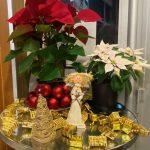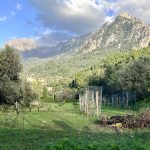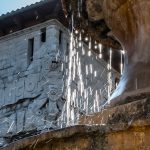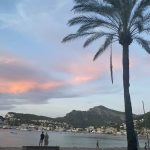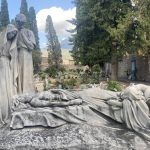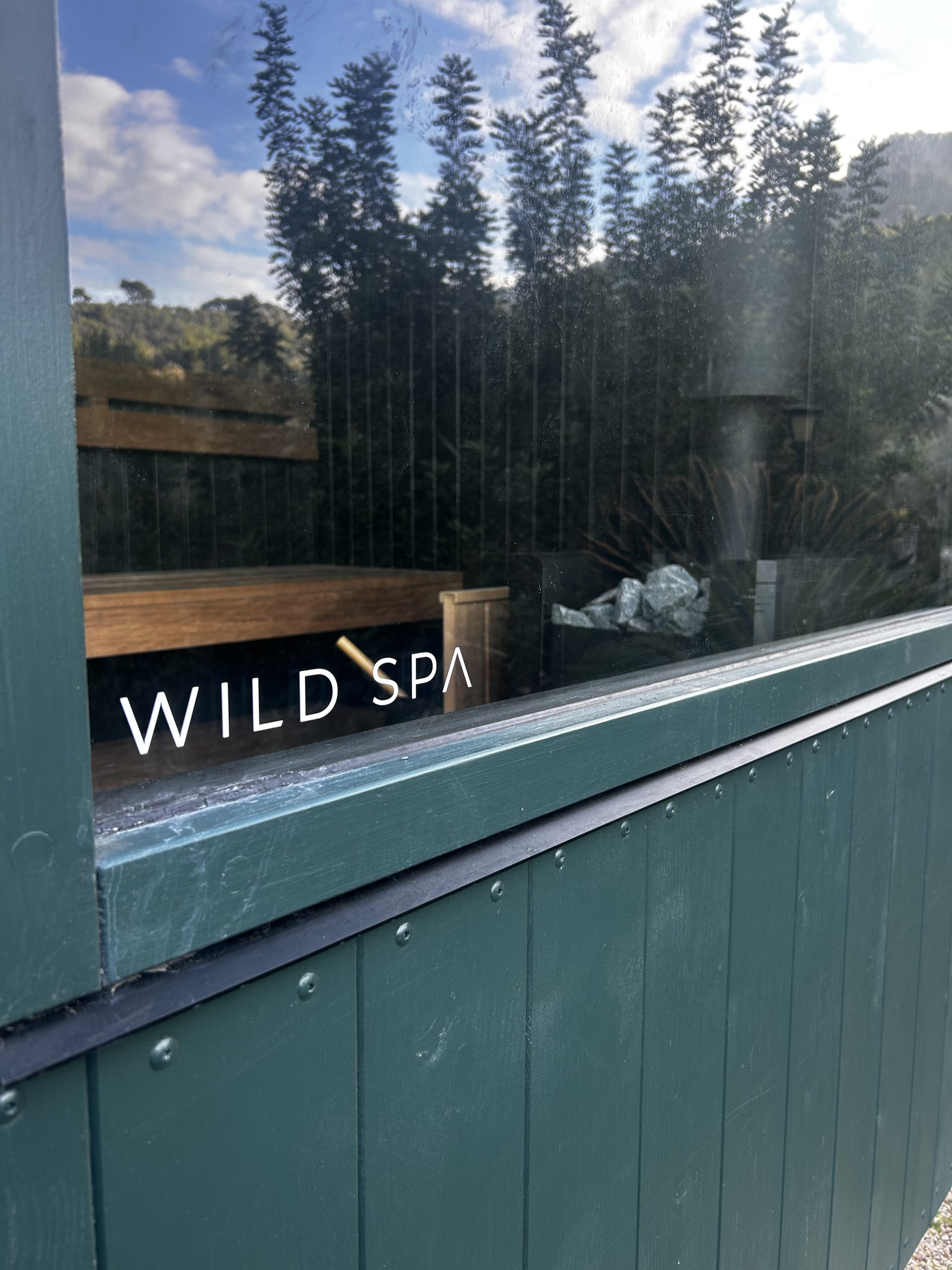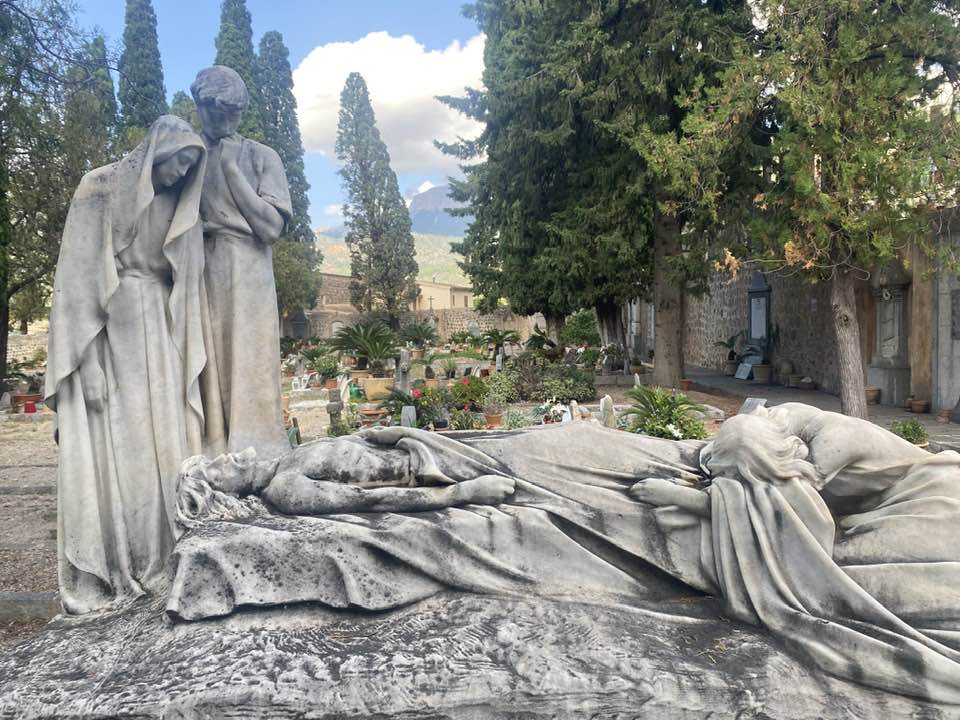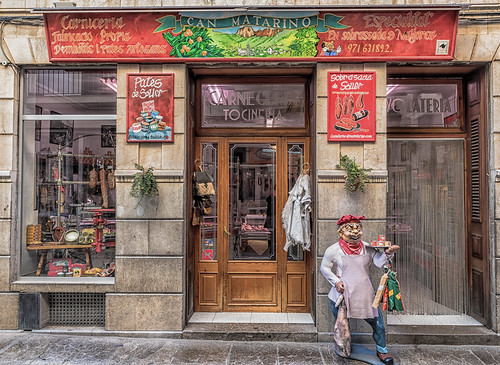The emigration of Solleriques in Europe in the XIX and XX th centuries
Thursday, January 22, 2015 by Michael Waller Gelabert
Prologue: retail them Mallorcans
But now the question arises: Does it still exists retail shops owned by people from Mallorca, continuing a tradition more than a century shopping?
I posed the question to the members of our “Francavalldesoller ‘Association which obviously has many people concerned with this research.
I obtained some references to use: Arbona in Chateauroux, Castanyer and Beguin in Issoudun, Calatayud in La Roche sur Yon …
Another method of investigation is to use the resources of the Internet search engines are of great effectiveness. One of my attempts was successful: I simply used imaginary titles but plausible store signs. Among my rantings I chose “To Products of Spain.”
I found the shops and mostly staffed by Spanish mainland, Gomez Hernandez, etc., also identi fi able by nature sold specialties. But in Vendôme (Loir-et-Cher) I found some Bernat Andres fi holding a grocery store “To Products of Spain.”
On my screen, the store appeared on many web sites, various items, municipal, articles in the local press, “Le Petit Vendome”, “The New Republic” as well as other tourism sites and information. Me going to Vendôme in June 2014, I met Andrew Bernat. During our conversation he con fi ed family documents and newspaper articles. The weekly “Veu de Soller” published March 14, 2003 an article entitled “” Cent anys of comerç al cor de Francia “dedicated to the Bernat family. Given the wealth of information available on this family and his business, there is material to write a history of this exemplary saga. Starting from an excellent interview on the occasion of the centenary of the shop “To Products of Spain” by a local cultural association organizer, Jacques Burlaud I just transcribed the text with illustrations, some modifications and adding to it a lot of additional information provided by Andrew and his sister Francisca.
“To Products of Spain”
At the heart of Vendome, in the middle of a pedestrian zone, at 35, rue du Change, is the family’s shop Bernat “To Products of Spain,” one of the most famous shops of the city, if To judge by the number of press articles and reports that he has raised. It is true that behind a facade delightfully quaint and friendly jumble of boxes and cardboard installed on the street, lies a true treasure trove with fabulous treasures.
It is sufficient to open the door for the charm to act. He reigns in the shop a strange light made of infinite palette of warm tones and soft shadows. The walls disappear behind a stack of boxes, packages and especially bottle of wine and spirits whose dark dress cheers of re fl ects games geometry and colorful labels. The crates of oranges, grapefruits, tomatoes throw fire buttons around the old balance.
Af fi che, advertisements, packaging, clinging to the ceiling, occupy every corner, reinforcing the impression that the visitor feels to have entered a closed sanctuary, intimate, preserved, it is elsewhere. The magic of seduction this shop, far from the rigorous coldness of supermarkets and mundane snobbery of fines grocery stores, is probably due to its history and that of the family who is living for over a hundred years old, Majorcan immigrants from the very beginning XX th century, Bernat .
But let Andrew Bernat, the ultimate representative of the family dynasty, tell us this story.
“It began with the arrival of my grandfather in France at the end of the XIX th century. Born in 1875 in the small town of Soller in Mallorca he left the island in 1893 and moved to Vendôme in 1902.
Families of my ancestors are from the small town of Soller, located in the mountainous area of the Serra de Tramuntana north west of the island of Majorca. Many members of these families who did not emigrate still live in this town.
The island of Mallorca, like Menorca, Ibiza, and Formentera form the Autonomous Community of the Balearic Islands of Spain.
We come from families who had the good, the paternal side as the mother’s side. They owned an olive grove and the great-grandfather was the transportation of olives and goods between Soller and Palma. They had a land that goes to the top of the town, called Can Turixant. Can we call Culler (pronounced cann Couère): every family has a name called “malnom” in addition to his civil status surname. As in all the islands, many people have the same name: the “malnom” allows you to identify the families.
Can we call Culler (pronounced cann Couère): every family has a name called “malnom” in addition to his civil status surname. As in all the islands, many people have the same name: the “malnom” allows you to identify the families.
Can Culler signi fi e “in spoon” next door to us there was a fountain and at our door there was a spoon attached with a small chain. People used it to drink. Families still keep it “malnom.” But the state Civil every citizen has two surnames of his father and mother. My father’s name Bernat Arbona. Sometimes a man and a woman with the same first name, eg Bernat, marry, and in this case they will be called Bernat Bernat. The Majorcan are identi fi able in their name, the list is quite small. Here are the most common: Mayol, Bernat, Arbona Colom, Alcover, Puig, Magraner, Castaner, Bauza, Frontera, Oliver, Rullan, Sastre, Ramis, Vicens, Deya, etc …
My great-grandparents were Bernat Morante. They had six boys and a girl. They lived on the family land. But in the years 1860/1880, in Soller, there was a severe economic crisis due to the orange disease and also to the evolution of the textile industry which passed looms way home mechanized factories. This forced many to emigrate Solleriques to find work, especially in large families. Seniors remain at home and the youngest left. Boys Bernat Morante, four left. The first went to Marseille, met an Italian, a widow who already had two children and they left Italy.One of the elders is mounted in Paris and returned to Soller. Another who had escaped the draw of military service, went to Puerto Rico but has not made a fortune and died young. We always correspond with the family in Italy. They are not traders, father worked Gas and a small daughter is a pharmacist.

- Llaut Aurora de Soller Circa 1890
My grandfather François Bernat Morante arrived in Sète Soller with a sailboat that was transporting oranges and other goods.
Since about 1830 there was a large traf fi c Maritime and Commercial between Soller and the French ports of Port Vendres in Marseille. Sailboats, or llauts pailebots brought Soller oranges December to July and then returned to France with all kinds of goods, flour, wheat, machinery, drugstore, Mallorca and the Catalan coast. After the season oranges, sailboats, and from the end of the XIX th as steamers, carrying Soller or Palma to France olive oil, wine, dry fi gs, almonds etc …

- Pailebot San Miguel and steam Villa de Soller circa 1910 off the port of Soller
My grandfather did not go randomly and into the unknown. The Majorcan had already come to France before him. He arrived in Marseille in 1893 and then went by train to Nancy where he was placed for 7 years with compatriots. Francis wanted to settle in this area he knew well.
To come to Soller, they took the train to Barcelona and then the boat to Palma. A long journey, as I did in my youth with my parents. It took two days. Today, the aircraft will be in an hour and a half.
At this time, unlike many people, the Majorcan established in France traveled a lot. They were returning to see family Soller, make contacts for their fruit trade. Many also came to marry a young girl in the country. There was a priest who was preparing meetings of young people. The young man came in Soller, met the young girl, they got married and both went to settle in France.
This is how my grandfather was married in Soller with Magdalena Arbona Oliver. But he first made only travel, return to France.
They had already had a baby boy born in Soller. They called Bartholomew, like all the older families of Mallorca. It’s a tradition: the second son is named after the father of the mother, the third they called Francis as his father. They had seven children: Bartholomew, born in Soller and Anne, Catherine, Vincent, François, Jean Pierre, Marie Madeleine born in Vendôme.
But during a visit to Soller three weeks, he found a comrade, Mr Morell, who had a business in Blois. When my grandfather told him that he wanted to settle in Nancy, where he had probably already spotted an opportunity, his friend told him, “You’d better come where I am on the side of Blois. There is close a small country where there is no Spanish “ . And that’s how Francis, Magdalena and small Barthélemy settled in their trade in Vendôme in 1902.

- Rue du Change in Vendôme in 1902
From Mallorca, they were well educated, could read and write and maintained a correspondence with family and friends on the island. They also learned French by reading newspapers and talking extensively with their customers.
My grandfather had found two houses but preferred the one we are because there was a cave behind. He sold wine, mostly from the south of France. But he also was selling Malaga and rum. Everything retailed: we had a series of measures in tin and everyone took the quantity of wine he wanted with their bottle. When they were well colds, they took two pints of rum.
The store was closing later. My grandfather was waiting every day the passage of carriages hotels that fetched customers at the station. When they returned, he said, “cars are over, you can close” , it was 21 hours. Vendôme was the garrison town of Twentieth Hunters. We had a large clientele of fi cers, people who had traveled much, knew many things and were walking shops.

- District Twentieth Hunters
We do not sell vegetables. Itinerant traders, growers in the country, proposed in the streets, moving with small handcarts, the “wandering” the merchants of the Four Seasons.
This is my grandfather who sold the first oranges and bananas. We receive green. He had installed a bar above the stove so they fi ned to mature. People wondered what it was. They thought it was stacked pickles. We were selling lemons, fi gs. Citrus arrived by car, often Bordeaux where Bernat and Mayol wholesale doing. My uncles were several times a week unloading goods at the station.
My grandfather died in 1920. His wife and son were in charge of transporting goods. The girls worked in the store. The wires went gradually to stand on their own. So the family business passed to Madeleine and her husband Bernat Anne Bartholomew.
In 1920, they bought a van and made the market for at least fifteen years. First one and then two Vinot Deguingand Berliet.When there was a football game, it’s Barthélémy that took all friends in the van.
My grandfather Francis and his wife Magdalena therefore had seven children. My uncles were all married with French and left to settle elsewhere, Tours, Montoire … Each of the three brothers set up his own business. My mother was Anne commercially Vendôme with her husband and her younger sister Madeleine.

- François Barthélémy Anne Marie Madeleine Madeleine Catherine (mother) Vincent 1925
My father was born in Soller in 1895. He came to France in Paris at the age of 17, during the war of 14/18.
He started working in catering and has traveled extensively. First butler, he knew the wines and become a sommelier. He did not always say where he was going. I learned his travels with the postcards uncle gave me. He worked in Nice, Monte Carlo and many in Paris. After he left for three years in Algeria dates to campaigns.
In 1935 he returned to France and met my mother. He wanted to start a business in Paris but my mother did not want to leave Vendôme. It has taken over the business from my grandfather. They had two children: my sister Francisca was born in 1939 and I was born in 1946. André My father was also markets but abandoned because the fruits périmaient.
Trade has been very successful from 1935 to 1939 My father had known a lot of people was very comfortable with wealthy clients. The period of the war was very difficult, as everywhere in France, the harassment of the Germans, denunciations, arrests. The recovery was progressive with dif fi culties supply. My father unfortunately died quite young in 1963, I was 17 years old. With the help of my mother, my Aunt Madeleine and my older sister Francisca we continued trade. Francisca My sister got married in 1984 and she left the trade. Since the death of my mother in 1995 and my aunt in 2008, I only assume the continuity of Bernat trade.
Trade has evolved considerably since its foundation: the grocery store “To Products of Spain” has become a fi grocery store rather specialized in high quality products, rare and original, as well as wines, spirits, spirits of all origins , cut cheese, con fi series, product culinary preparations ..

- Extract from the catalog that includes 10 pages of specialties fines
Our story is one of many Majorcan came to settle in France, especially in the years around 1900. It is found in almost all the cities of France. They rise from the shops of fruits and retail vegetables, wholesale business. Others held restaurants, cafes.
Not all have made a fortune, but rather those who settled in the North and the East who have been most successful. Returning to withdraw the country’s richest were building a house that showed their wealth, with the most beautiful decorations, frescoes and painted ceilings, beautiful furniture in the modernist style of the 1900s.

- Can Prunera house in Soller built in 1906 by Mr. Magraner shopping in Belfort
They were also building a beautiful tomb in the cemetery of Soller, often with a mausoleum or a group of statues to install all the deceased’s family. But it is especially the immigrants of Hispanic America, Puerto Rico, Venezuela, which had larger houses and monuments in the cemetery. Some who were dying in France had requested a transfer their body to be buried in Soller. The body was embalmed and then sealed the coffin for the trip.
When we return to Mallorca we found a lot of family and friends. We speak the Majorcan which is somewhat different from the Catalan by pronunciation and words. Our Catalan / Majorcan borrows words in French and our French sometimes borrows words in Catalan. The Catalan language we come naturally. We are talking about the family, when we talk on the phone with Majorcan. We also speak Spanish, Castilian. The tradition was that children return to school at Mallorca to learn Spanish. The girls spent a year in a religious boarding house where they learned the language, sewing, painting.
My father died in 1963, when I was seventeen, I stayed at Vendome and learned Spanish, like that, reading with my parents and the Spanish Republican refugees. Many were very nice and it was my mother who often wrote to them their letters. We are practicing Catholics. Many Spaniards here do not even know where is the church, but we have not changed our belief.
There was also an association called “Cadets Mallorca” founded by Majorcan established in France in 1953. It published a quarterly newsletter with interesting articles on Majorca, France and other countries where the emigrants residing on our island . Our family was subscribed. There was also a section where there were news of all families, marriages, deaths, births, traveling. This allowed to keep in touch with emigrant community and follow the lives of families. The newsletter has unfortunately ceased publication in 1998.
We are repeatedly returned to Mallorca, Soller see family and friends. The side of my father, his parents, Andres and Francisca Bernat Mayol had five children: Barthélémy Father, Catalina, Damian, Andres, and Aina. All stayed in Soller, except my father. Catalina married Pedro Antonio Bernat. They had five children, Bernard, Father, Andreu, a girl Margarita, and Miquel.Margarita married in 1965 with Antonio Deya. They had two children Tolo and Christine.
So I went several times to see my cousins. Pere happened in 2007 in Vendôme during a visit to Paris. Pere Andreu and Miquel took over an ironworks shop that became the great hardware Bernat, well known. We are also the parents with Arbona family that has a transport company and materials in Soller. My grandmother, Magdalena Arbona had a brother, Juan Arbona whose son had twins who are the current owners of the company.
Francisca My sister lives in Louhans in Saône et Loire with her husband farmer. My uncles, who all died, were married to French. Settled definitively in France, some light shopping. But none of their descendants has taken this type of activity.Among the large generation of children, some come on vacation stay in the family home in Soller, “Carrer Isabel II”. I went back in 2007 and I think I get back shortly. The history of the store probably will stop when I retire because I have no successor.

- House Soller, carrer Isabel II

- Francisca Cadot and Andres Bernat in
